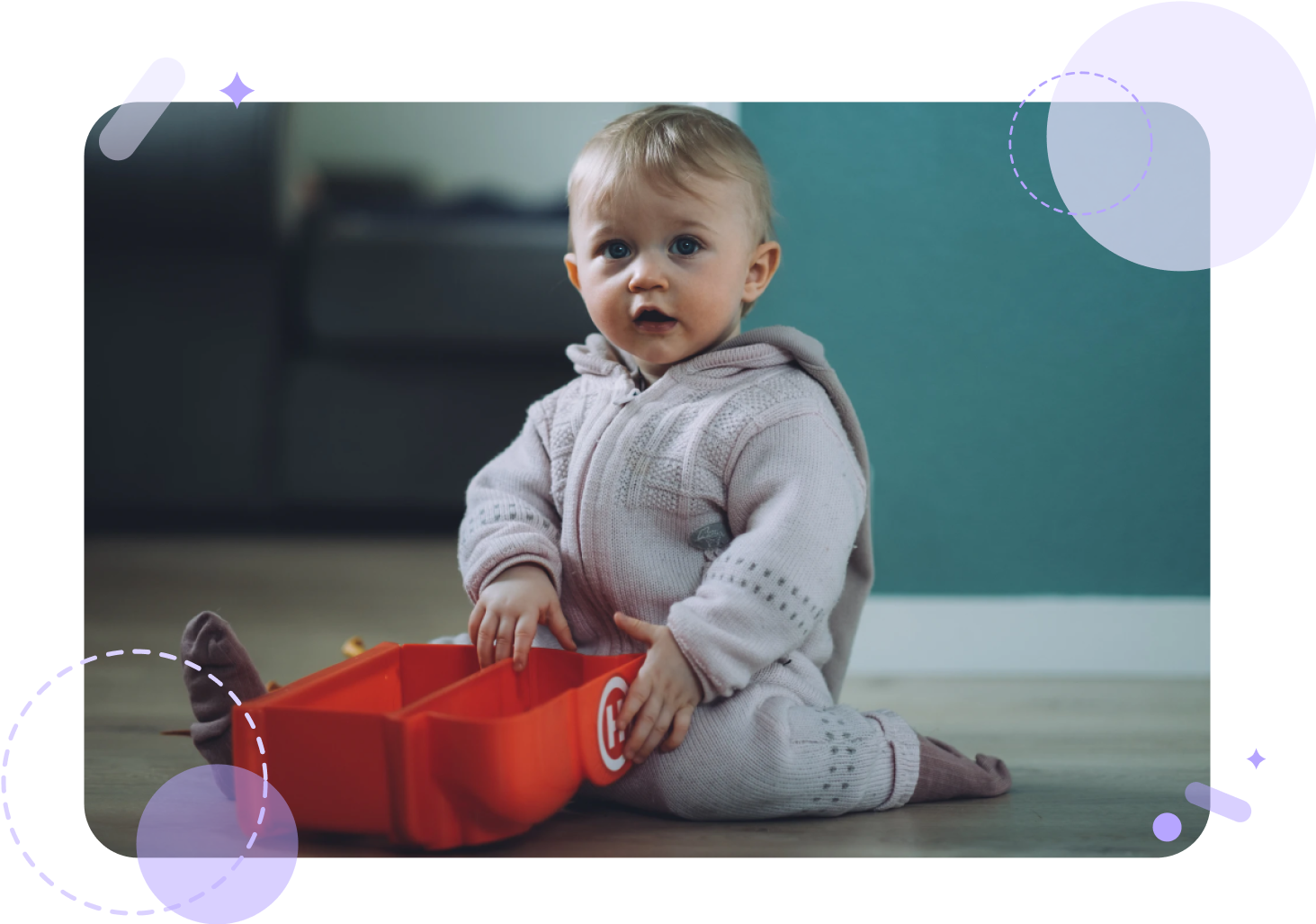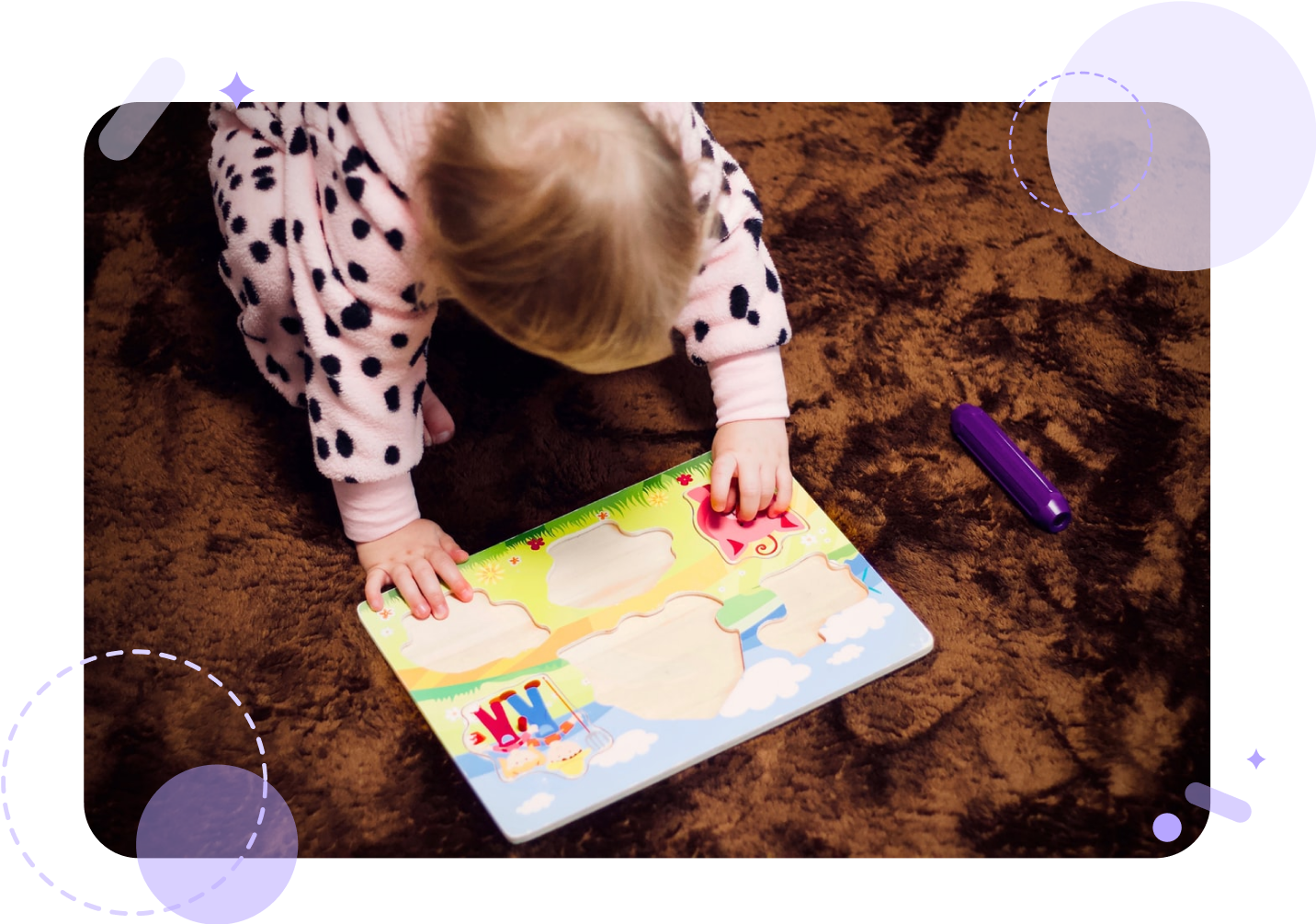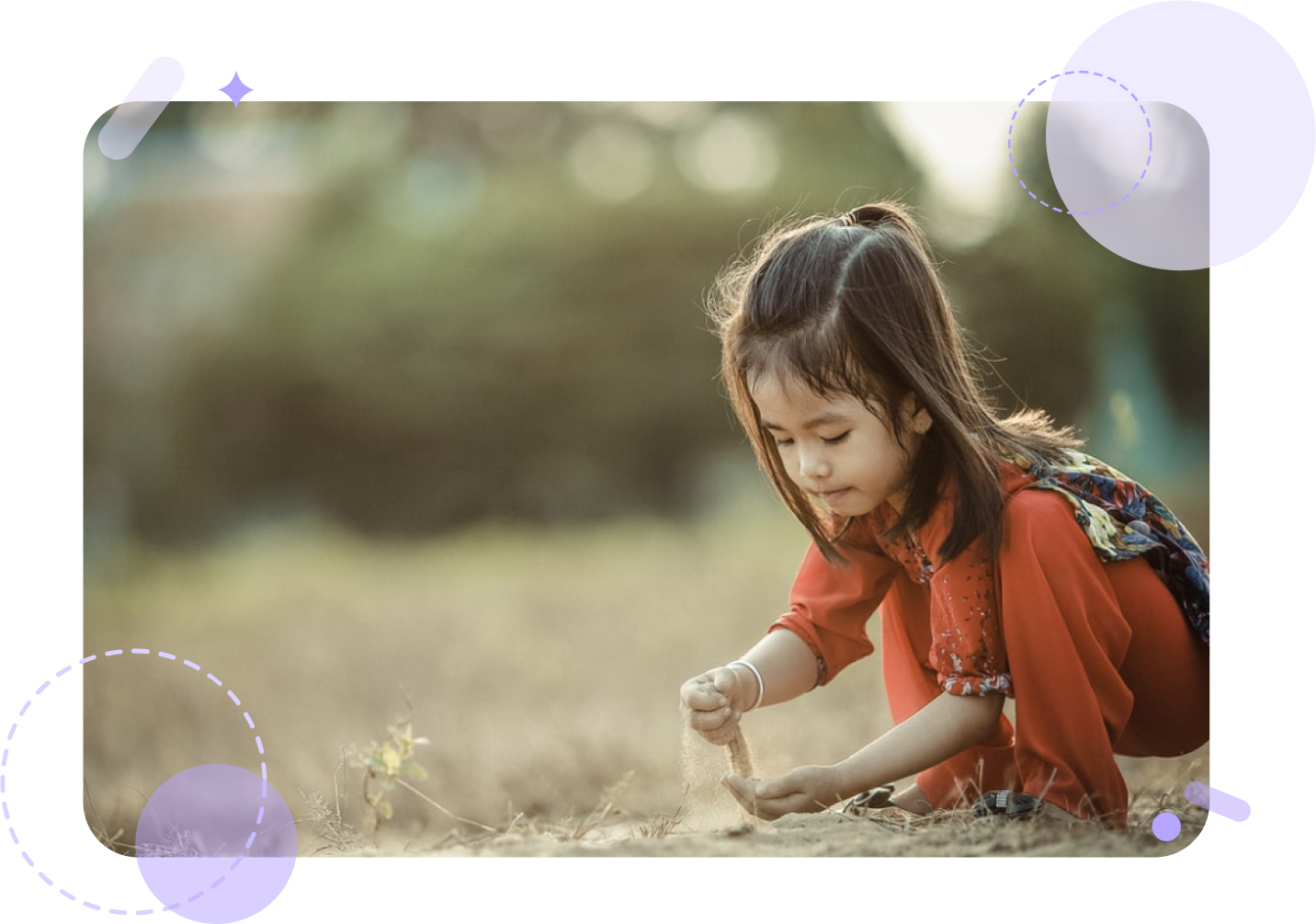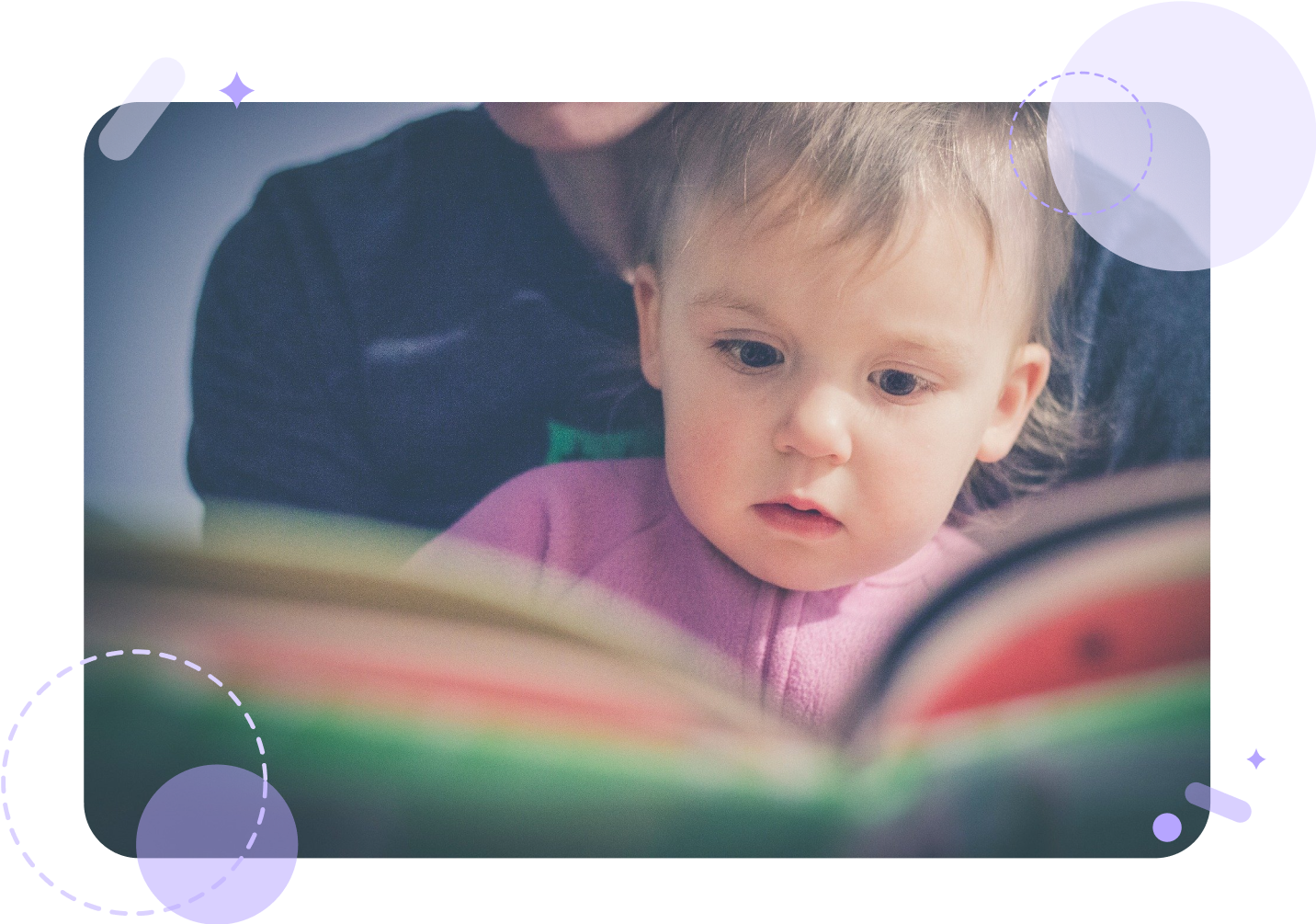
Isn’t it interesting to see how someone who has spent less than a year on Earth knows so much about interacting with their environment already? Cognitive skills are responsible for all the smarts your little one has got as they determine the way babies like them interact with their physical world.
Between the age of 6 to 9-months, babies are more familiar with their environment and the people in it. Physical skills such as a fully developed visual system along-with better hand-eye coordination, help your baby to explore and better immerse into their surroundings.
Below is a list of cognitive skills that your baby will develop between the age of 6 to 9-months.
Object Permanence
Object permanence is the ability to understand that an object or a person exists when they have been removed from sight. You might have noticed that, in the early days, while you were making a fast sprint to get a change of diapers for your baby, they would get upset and might have started crying as they couldn’t see you anymore. This happens in the early months of a baby’s life because they haven’t yet grasped the concept of object permanence. In other words, when something they can see is removed from their sight, they think it’s gone forever! But as your baby grows, their cognitive development leads to the understanding of the concept that objects and people still exist when they are out of sight.
You can help your baby understand this concept by playing simple games like ‘peek-a-boo’. Use a piece of cloth and put it in front of your face to hide it from your baby’s view. When you drop it, you can see that adorable laugh or an excited giggle from your baby for finding you.
As your baby progresses in their cognitive development journey, they will reciprocate by initiating to play peek-a-boo with you. They will also be able to understand if you hide their toy instead of your face with a cloth and will briefly search for it.
Increased Visual Range
Gone are the days, when your baby’s visual reach was just up until your face and everything beyond was a blur. Your baby’s vision has now improved and moved beyond the maximum reach of 8 to 10 inches at birth to several feet away.
Instead of just focusing on one item at a time (your face or a toy), your baby can take in the views of the entire room they are in. They will also be able to track you moving around the room, whether at a fast pace (throwing away the freshly filled diaper) or at a slow pace (doing an animal walk to entertain the little royalty).
Your baby will also be able to track the falling of an object on the floor and seeing you put it back for the millionth time with their eyes.
This helps develop your baby’s ‘Depth Perception’ – the ability to perceive the world around them in a three-dimensional view.
With improved vision, strong neck muscles to move their head in both directions and their inherent curiosity, your baby will also be able to:
- Differentiate objects: Your little one can now distinguish between objects of different sizes and you can tell this by observing the way they reach for them. They will use both their hands instead of just one, to reach for a bigger object or a toy.
- Understand distance: Along with gauging the size of objects, babies can also understand how far or near an object is placed from them. For example, when they see you getting closer, within their reach, they would try to move or extend their arms to reach out to you.
Learning Cause and Effect
Babies start developing the ability to understand that an ‘action’ produces a ‘reaction’, establishing the relationship between cause and effect at around the 6-month old mark. The full grasp of the concept of cause and effect comes later, as your little one will keep learning for a long time.
To help your baby establish this concept early on, you can help by engaging in activities with a definitive outcome like singing a song and tickling your baby at the end every time, letting them drop an object (any number of times, in the name of cognitive development), providing them with toys (rattle toys are the best) that produce sounds when shaken or on pressing a button.
Your baby will also repeat the same activities, again and again, to establish the outcomes of their actions. This will help them to anticipate the outcomes in advance, further building on their memories and longer attention spans as a result of the development of their cognitive skills.
For example, repetitive activities will make your baby giggle towards the end of the song, even before you tickle them as they call upon their memories and use that information to anticipate the result.
Cognitive development in babies is as important as any other area of development. It enables your baby to interact with their environment by helping them maintain longer attention spans, establishing the relationship between cause and effect, recalling on their memory to anticipate outcomes, understanding, and leading to causal relationship development.
 Back
Back

